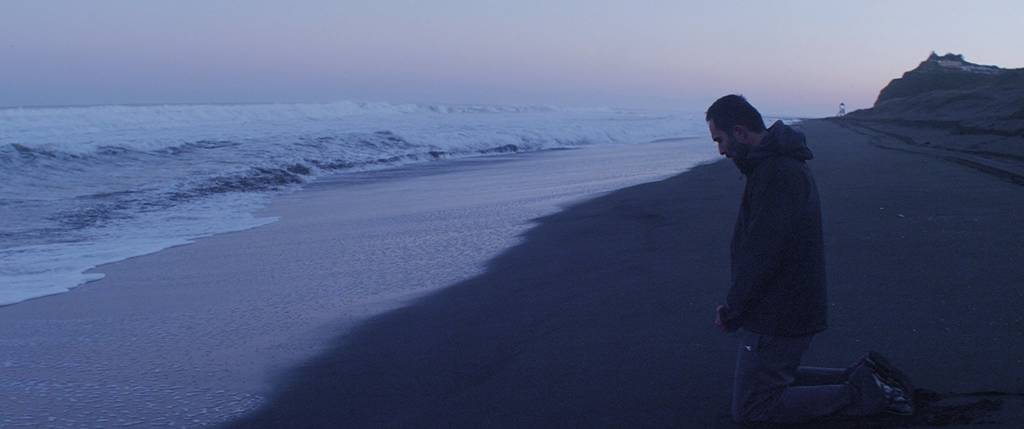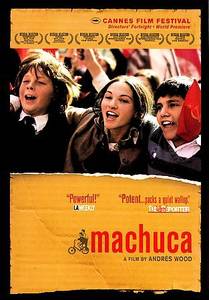
Howie (Edward Woodward) in the stolen Punch the Fool costume. The costume is highly symbolic, reflecting his unwitting manipulation at the hands of the people of Summerisle in The Wicker Man (British Lion Films, 1973)
Many accomplished horror films utilize restricted locales to evoke suspicion, anxiety, and dread. The claustrophobic space of the starship Nostromo appreciably contributed to the petrifying mood in Ridley Scott’s Alien (1979). In Rosemary’s Baby (1968), Roman Polanski centered the filmic action on an affluent New York apartment block, heightening our fears and suspicions. Stanley Kubrick’s The Shining (1980), in all probability, is the paradigmatic example of this kind of horror film. Jack Torrance (Jack Nicholson), a failing writer, accepts the winter caretaker job at the Overlook Hotel, enveloped by deep forestry. The hotel itself is a hulking edifice, composed of myriad rooms, halls, and public sitting areas. Despite this, the locale of the Overlook Hotel retains a feeling of inescapability, of incarceration, especially for Jack’s eventual prey: his son Danny (Danny Lloyd), endowed with remarkable mental powers; and Jack’s neurotic wife, Wendy (Shelley Duvall). Continue reading













































